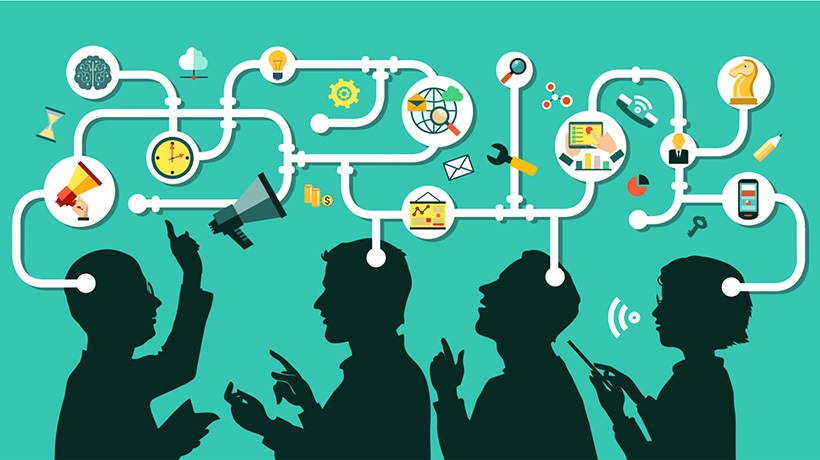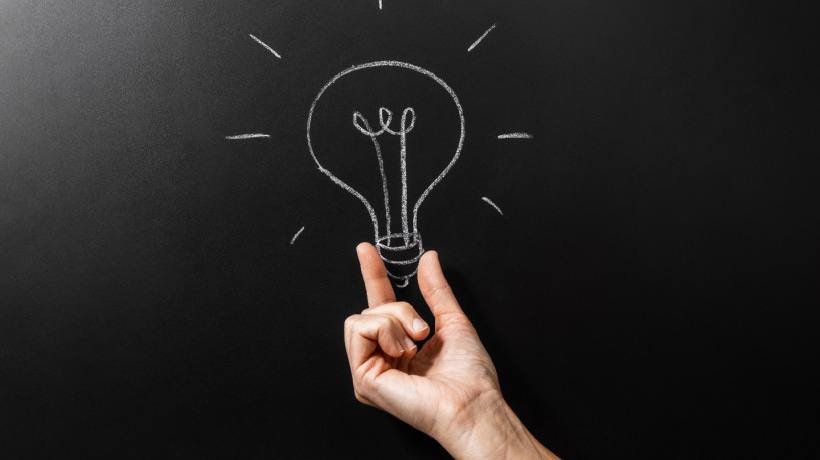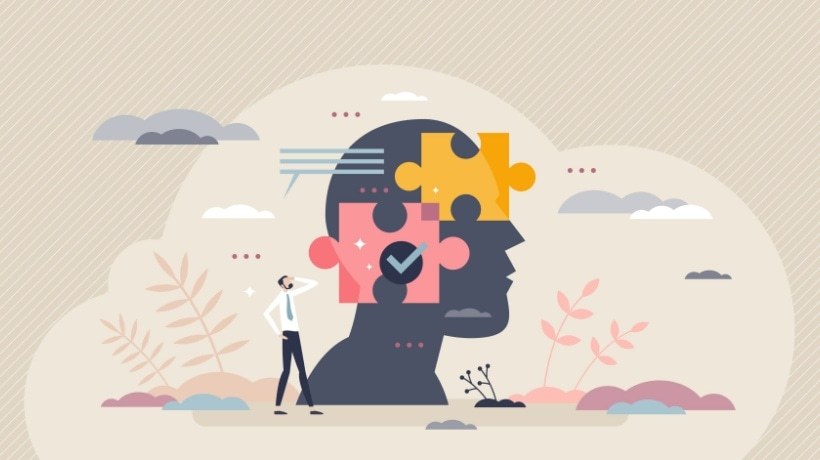4 Theories Behind Adaptive Learning
Personalization is about aiming at individuals, addressing their learning needs and goals, identifying their learning styles, and providing them with the right resources. On the other hand, adaptive learning can also perform everything that personalized learning can, but with a different approach. It makes use of algorithms to detect a user's performance and then modifies and personalizes the training content to suit the learner's needs. But how does adaptive learning give personalized experience in eLearning? In this article, we'll be looking at 4 theories that power the personalization behind adaptive learning. Hopefully, after reading through, you'll be able to get answers to the above question.
Theories That Power The Personalization Behind Adaptive Learning
Today, the adaptive learning platform is seen as the future of corporate training. Most L&D professionals now see it as the solution to the most often-faced challenges in eLearning. This is because of its ability to provide incredible success where other learning approaches fail. With adaptive learning, employees don't have to waste unnecessary time trying to search through course content for relevant information. They get the exact training that meets with their learning styles and goals. So, to understand how adaptive learning will give a personalized learning experience, it's essential to know that there are theories attached to the adaptive system. It's these theories that determine how the adaptive platform interacts with different learners.
1. Metacognitive Theory
This theory focuses on how to help learners understand their style of learning. It's also called the self-awareness metacognitive theory, and learners are provided with processes that enable them to rethink their thoughts. As long as learners can identify their knowledge gap, it becomes easier for them to unlock their potential and become more productive. The metacognitive theory works like this: As learners interact with adaptive course content, the system captures and records their data, including confidence level, time, accuracy, knowledge level, and much more. With the help of the acquired data, the system then modifies the content such that learners can get content corresponding to their needs. One of the benefits of applying this theory is that learners can acquire a new level of confidence to approach any problem that comes to their way. Also, it can help organizations save time trying to understand what works for a particular employee.
2. "Deliberate Practice" Theory
Another theory that powers the personalization behind adaptive learning is the theory of deliberate practice. It emphasizes why it's essential for learners to understand their weaknesses. Based on this theory, an adaptive learning system offers learners new content by modifying the existing one according to their weaknesses. One of the benefits of this theory is that adaptive learning utilizes it to challenge learners/employees by pulling them out of their comfort zones. By so doing, they can build the confidence needed to tackle work-related challenges and become successful at what they do.
3. Theory Of Fun For Game Design
The theory of fun for game design is another theory that powers the personalization behind adaptive learning. And to balance the theory of deliberate practice, which suggests how learners can challenge themselves, there's a need for the theory of fun for game design. The theory suggests that employees can achieve a maximum level of engagement when they feel challenged to some extent. So by incorporating the theory of fun for game design into its driving algorithm, adaptive learning can engage learners and make them feel less overwhelmed when challenges get out of hand.
For instance, this theory can be used if an organization is interested in transiting to new design software, and there's a need to upskill an existing workforce. By so doing, the employees involved are able to engage with the materials and refine their skills to meet the transition.
4. Ebbinghaus Forgetting Curve
The Ebbinghaus curve happens to be the last theory that powers the personalization behind adaptive learning. It suggests that employees/learners must aim for long-term memory at the time when they are about to forget it. By so doing, they are able to learn and acquire new knowledge. But how does an adaptive learning platform incorporate this theory to deliver a personalized experience? The adaptive learning platform utilizes data from learners' behavior to predict when a particular concept is likely to disappear from an employee's short memory. It then reintroduces the concept again to learners in order to help them retain knowledge.
So, by building the 4 above-listed theories on their driving algorithm, adaptive learning is surely going to offer a personalized learning experience in corporate training.










